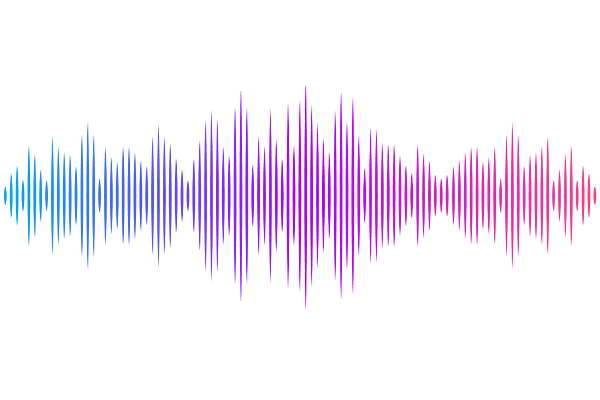Topological regular black holes without Cauchy horizon

Topological regular black holes without Cauchy horizon
Marco Calzá, Massimiliano Rinaldi, Sergio Zerbini
AbstractRegular and spherically symmetric black holes that solve the singularity problems of the Schwarzschild solution are phenomenologically viable at large distance but usually suffer from the Cauchy horizon instability. To overcome this drawback, we extended the analysis to include hyperbolic and toroidal horizon topologies within the framework of static, topologically maximally symmetric spacetimes. We show that both hyperbolic and toroidal black holes can be constructed without Cauchy horizons and without curvature singularities, thereby avoiding the mass inflation instability. These solutions exhibit asymptotic flatness in a generalized quasi-Minkowskian sense. The phenomenological aspects of these solutions are also studied by examining their thermodynamical properties, the photon sphere, and the effective potentials, ensuring consistency with observable properties such as black hole shadows. Lastly, we investigate a reconstruction technique within a scalar-tensor gravity framework, illustrating how the discussed metrics can arise from well-defined scalar field dynamics. Our investigation presents a viable pathway for constructing physically realistic, regular black holes in both General Relativity and modified gravity, broadening the landscape of singularity-free spacetimes and offering models that may better reflect the nature of strong gravitational fields in astrophysical and cosmological settings.